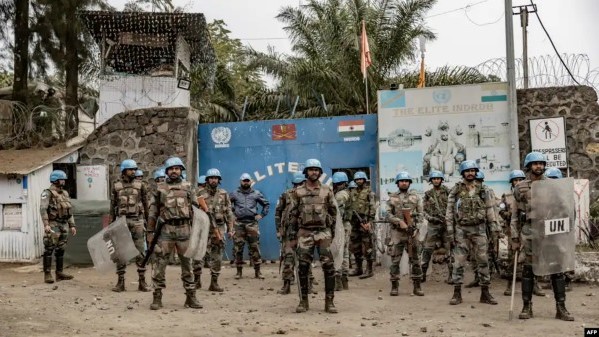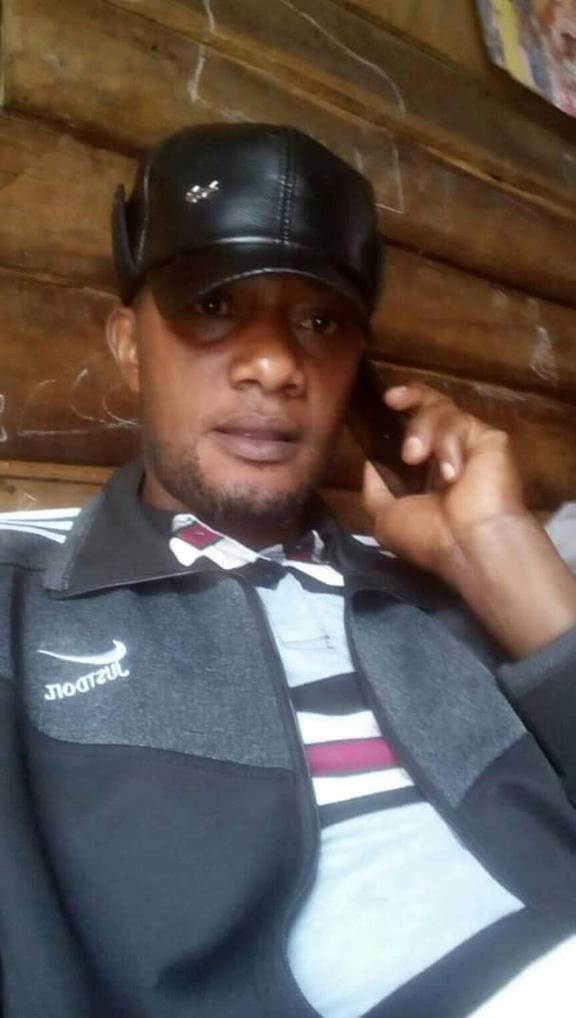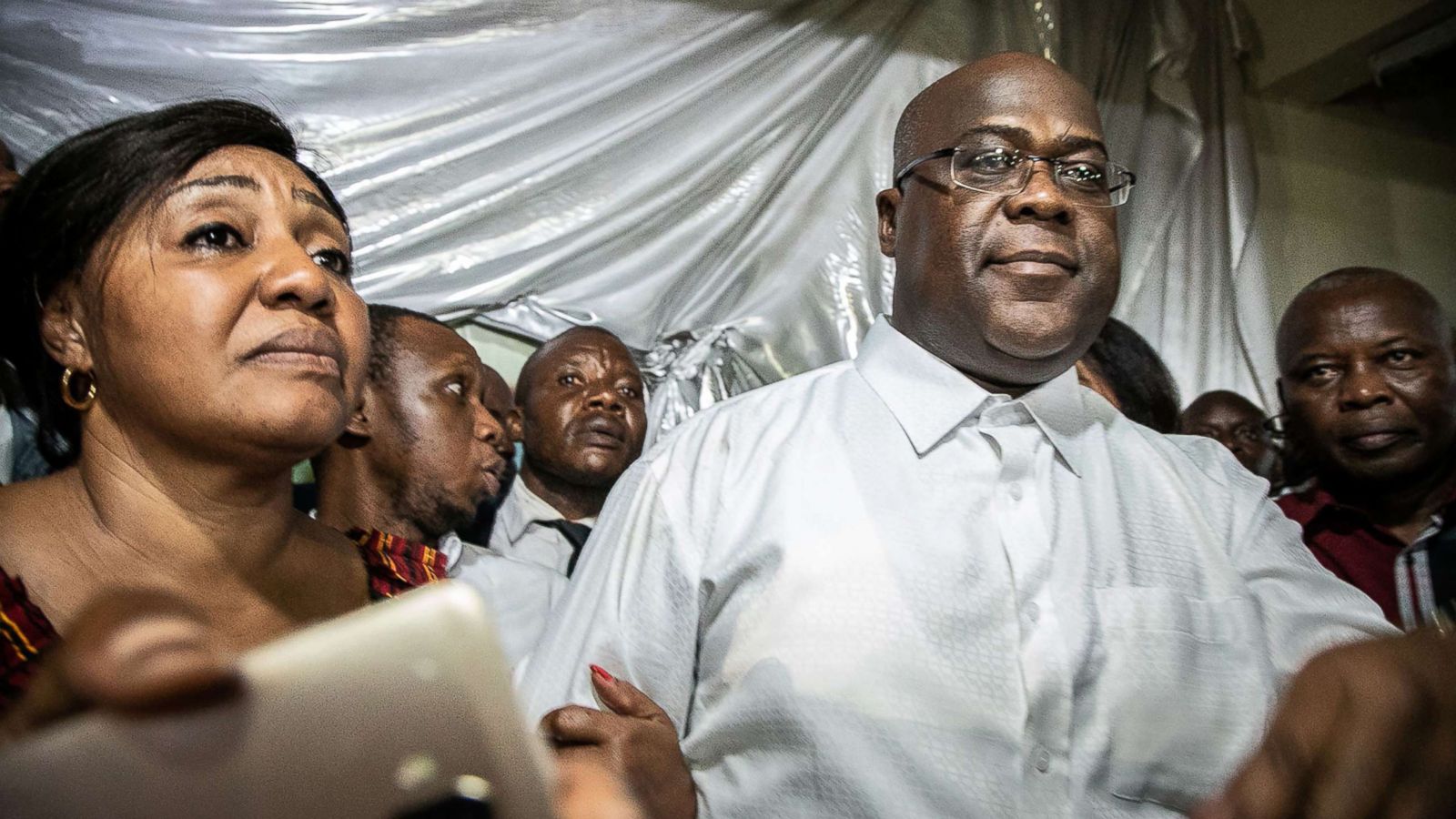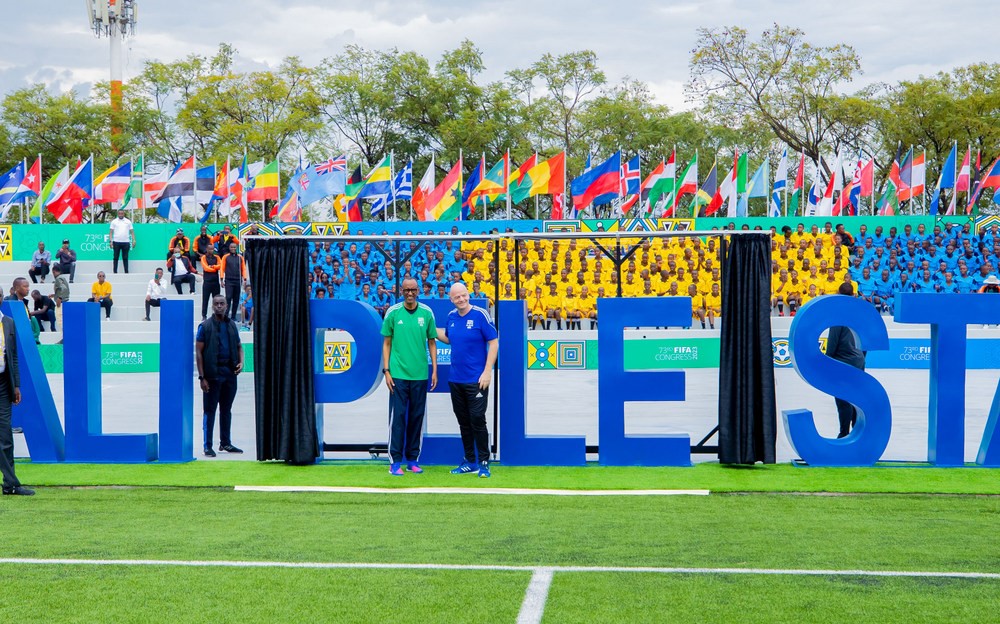Regional
DRC: How UN peacekeepers abandoned their mandate

Extended
more than eight times since its birth, in November 1999, MONUSCO’s mandate was
renewed again in December 2022 by the UN Security Council, for another year. This
happened despite growing protests against the presence of UN peacekeepers in the
Democratic Republic of Congo.
In
August 2022, angry citizens again called for the blue helmets’ departure.
The
UN mission took over from an earlier UN peacekeeping operation – the United
Nations Organization Mission in Democratic Republic of the Congo (MONUC) – on
July 1, 2010.
The
new mission is authorized to use all necessary means to carry out its mandate
relating, among others, to the protection of civilians, humanitarian personnel
and human rights defenders under imminent threat of physical violence and to
support the Congolese government in its stabilization and peace consolidation
efforts.
Citizens
have been questioning why, despite an annual budget of more than $1.1billion, an
arsenal of modern weapons, and a mandate to protect the population, more
than 120 armed groups still roam the region causing death, displacement and a
dire humanitarian crisis. Citizens across eastern DRC continue to live in unsafe
conditions, harassed, tortured and killed by armed groups as well as
ineffective and abusive government security forces.
In
1999, when the Mission was founded, it was tasked with neutralizing armed
groups, reducing the threat posed to state authority, and civilian security
space for stabilization activities.
But
to date, South and North Kivu Provinces especially remain lawless with dozens
of marauding militias who continue to kill, rape young women and girls, maim,
and terrorize innocent civilians.
According
to Phil Clark from SOAS University of London, MONUSCO has struggled to
maintain cordial relations with the government in Kinshasa and, instead, "cautiously
aligned itself with the Congolese army, even when the army has been committing
atrocities against the civilians."
Such
relations between the peacekeepers and the Congolese government created bad
blood amongst the local populations who don't see MONUSCO as a neutral actor in
a somewhat volatile situation.
In
March 2023, the Islamic State-backed terrorist group, ADF, killed over 100 civilians
in Beni territory, North Kivu province. In only three months of 2023, a series
of attacks attributed to the CODECO militia group left over 50 civilians dead
in Ituri Province. Dozens of people were also killed in the war between the Congolese
army and the M23 rebel group. Hundreds fled their homes and thousands were
internally displaced. The DRC remains one of the world's most complex and
protracted humanitarian crises in the world.
This
peacekeeping mission that has over 16,300 uniformed personnel – it has more
than 18,000 total personnel including non uniformed personnel – has totally failed
to protect the population and restore normalcy. Military personnel include
contingent troops, experts on mission and staff officers. They are funded
through a separate account approved on an annual basis by the UN General
Assembly. The mission’s approved budget: (07/2021–06/2022) is
$1,123,346,000.
But
even with all this huge funding, they only stand by, idly, while people are
being attacked and killed. The best they can do is give fake intelligence that
Rwanda supports the M23.
According
to reports, Congolese political and military authorities are relying on the
human and technical intelligence produced by MONUSCO to plan a military
offensive.
“It
was UN drones that made it possible, from the start of the crisis, to document
the presence of RDF troops alongside the M23. That evidence was sent to the UN
group of experts and then used by the Congolese government to support its
accusations against Rwanda in both diplomatic and media circles,” the African
Intelligence Website recently reported.
Surprisingly,
the UN Mission is not providing intelligence on how the Rwandan genocidal
militia, FDLR, and Congolese soldiers closely collaborate in spreading terror
mainly targeting Congolese ethnic Tutsi communities.
The
UN Mission doesn’t want to jeopardize its relationship with its partners in
crime, the military and political elites in Kinshasa.
The peacekeepers
are fully aware of the direct contact between the Congolese political, military
authorities and FDLR leaders, including Maj Gen Pacifique Ntawunguka, alias
Omega, who is under sanctions imposed by the United Nations Security Council.
They know that FARDC regularly provides weapons, ammunition, vehicles and
uniforms to the genocidal terrorist group but choose to remain silent.
The
UN Mission knows that this collaboration is at the heart of the insecurity
affecting eastern DRC and the wider region.
But
it withholds information to safeguard its ties with Kinshasa.
The peacekeeping
mission’s job is to do whatever it can to protect civilians but it has proven, over
three decades, unable to or uninterested.
Multi-national
mining companies in the country continue to push the UN to renew MONUSCO's
mandate.
Ideally,
MONUSCO's scattered bases are meant to protect civilians – but, according to analysts, they are there partly
to watch over foreign interests as well because the UN Mission also creates
lucrative business deals for some of the troop contributing countries.





.jpeg-20230317095634000000.jpeg)
